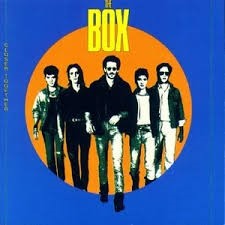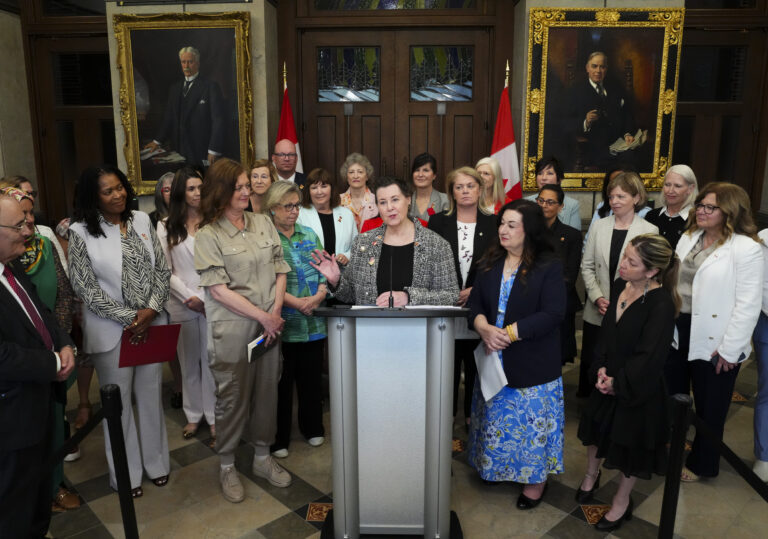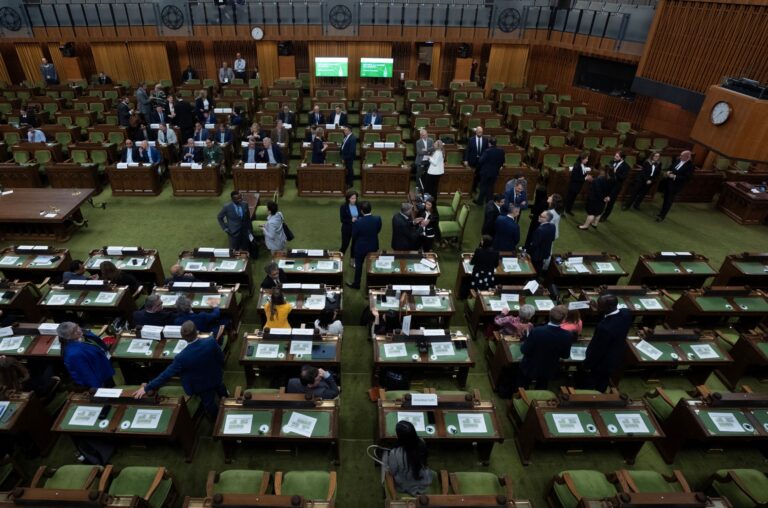Canada is about to have its Gen X election – the three leaders of the largest parties were all born in the ’70s. Some Canadians in this cohort might feel a pang of triumph that smells like teen spirit. This narrow little generation is no longer languishing in the shadow of the Baby Boom. Our leaders might have Canada Fitness Badges in a box somewhere, and also know that The Box was a band.
Do age and generation really matter? Some think so.
In his recent piece in Politico Magazine, “America the Gerontocracy,” Timothy Noah argues the age of US political leaders is a negative. From the threat of declining cognitive functions, to the outsized influence of older voters over policy, Noah says his country needs an injection of young(er) blood.
We have the opposite scenario in Canada. Liberal Leader Justin Trudeau, Conservative Leader Andrew Scheer and the NDP’s Jagmeet Singh are all in their 40s. Green Party Leader Elizabeth May is the doyenne of the lot, at 65.
And yet, when it comes to tackling some very old, stubborn challenges in our political system, birthdates haven’t made much of a difference.
When the generational change happened in Canadian politics after the 2015 election with Trudeau, Scheer and Singh taking their places on the front benches, it seemed to me to be on the surface a good thing. The boomer and previous cohort, one might argue, had different points of reference – the Cold War, the days of fruitless constitutional wrangling, the era before personal computing, and a time when women played supporting roles across society.
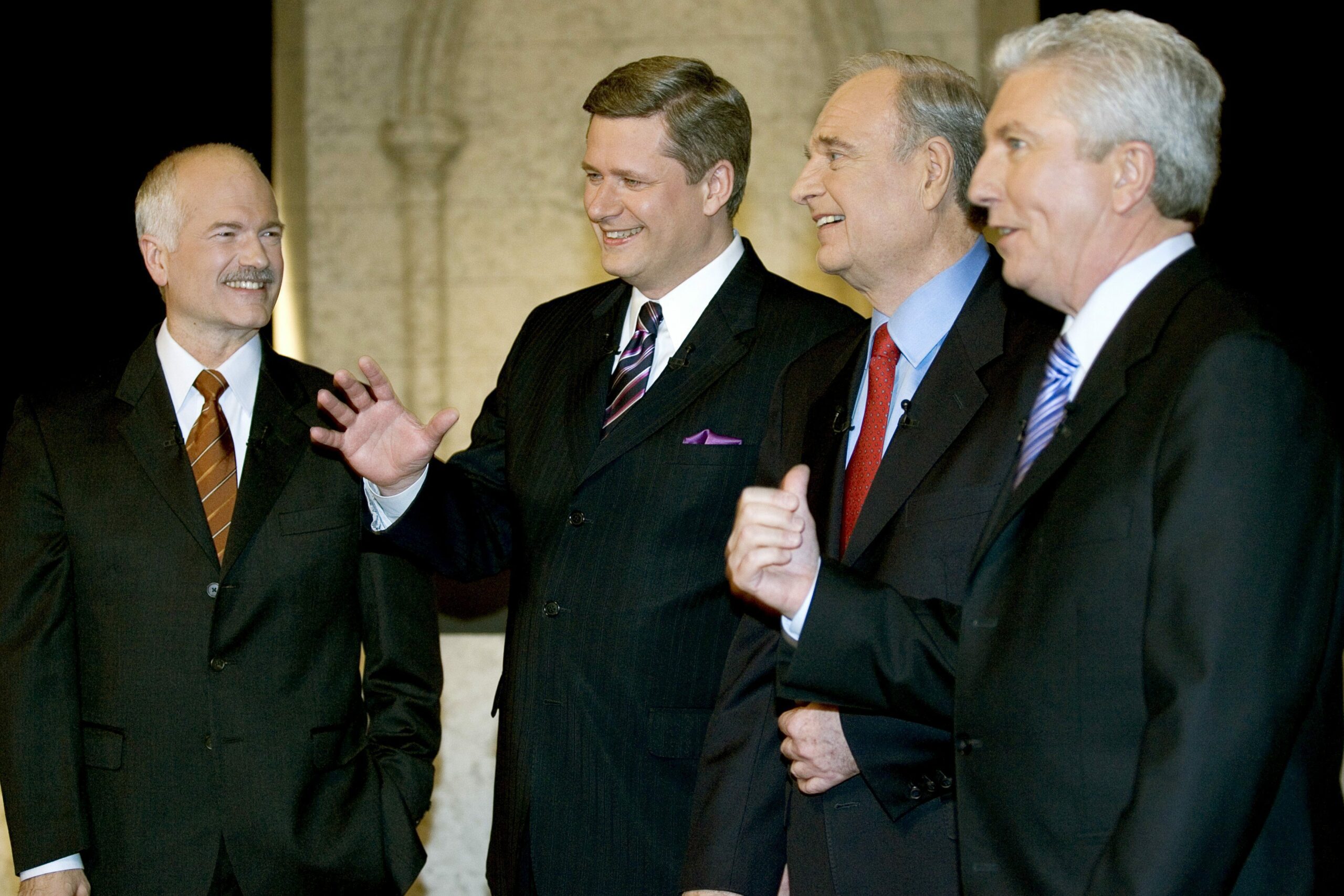
And, yet, if we consider a structural change ledger that goes beyond platform policy promises (and decisions) such as legalizing marijuana, universal pharmacare, and tax-free Employment Insurance for maternity and parental leaves, action is still slow to come.
On changing the electoral system itself, for example, neither the Liberals nor the Conservatives want to embrace proportional representation despite the real potential for a Commons that more accurately represents the public’s political desires.
The Harper and Trudeau eras merely reinforced the centralization of power inside the PMO, and the tight reins of party discipline – aspects that do not mesh easily with the priorities of diversity and inclusion.
The Samara Centre for Democracy underlines some solutions to stubborn systemic issues in its “Stronger Democracy Platform 2019.” They recommend:
- Reducing the power of the party leader vis-à-vis MPs
- Ending the use of whips’ lists of approved speakers in the Commons
- Ending the use of omnibus bills by government
Samara notes that parties should be opting in to the provisions of the Reform Act, to “make caucus decision-making more democratic.” Recall that the Reform Act was passed in 2015 to rebalance power between the people we elect to the Commons and the party leader. Not only did the Liberal government not hold the required vote on whether to opt into the provision of the Act, Trudeau removed two caucus members unilaterally in this last Parliament.
Meanwhile, gender and racial diversity of Canadian society is not adequately reflected in Parliament. Appointing a gender-balanced cabinet, and the newly elected Liberal government insisting on more diversity in governor-in-council appointments has been a step in the right direction. But inclusion will require more radical changes to the nomination system, as a recent Commons committee report and a CBC investigation recently underlined. As the University of Calgary’s Melanee Thomas has said, “If women observe how politics remains closed to them, no amount of resources or individual interventions will make them want to participate more in politics.”
The United Kingdom undertook a review of the overall culture of its parliament. In Canada, MPs have scratched only the surface to make their workplace more family-friendly; they have done little to challenge more deeply rooted issues related to parliamentary procedure and the physical layout of their workspace itself, which was appropriate for the 1920s but maybe not for this century.
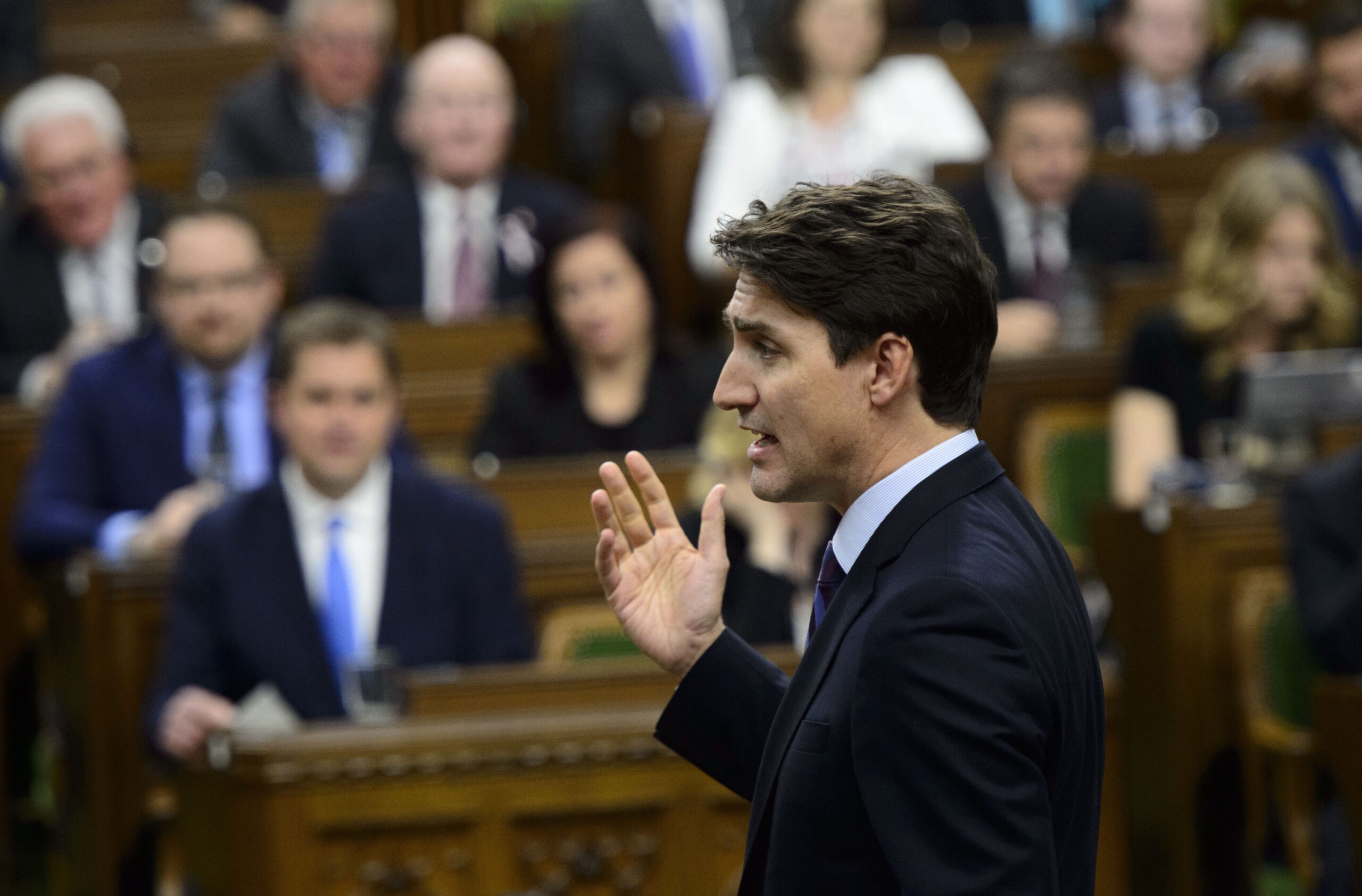
The 1876 Indian Act, meanwhile, is still on the books, and respect of treaty and inherent Indigenous rights remains elusive. The federal government has changed its language to talk finally about decolonization, and claims to recognize that Indigenous people have a “full box” of rights affirmed in section 35 of the Constitution (versus an approach where rights must be defended and proven in court at every turn). But its superficial, rushed approach to “consultation” on the Trans Mountain pipeline project revealed not much has fundamentally changed. Ottawa has not yet shaken off its top-down, paternalistic reflex in announcing major policy initiatives, and has not significantly broached land rights – the most fundamental issue.
There are many ways we’re still rooted in the Canada of old. As much as this Gen Xer would like to think one’s generation matters in this election, the evidence points to the contrary. Boomer, Gen Xer, millennial – the leader who tackles some of the cobwebbed parts of Parliament and the electoral system will be truly at the vanguard.
Photo: NDP leader Jagmeet Singh speaks during a town hall style meeting in Montreal on September 5, 2019. THE CANADIAN PRESS IMAGES/Graham Hughes
Do you have something to say about the article you just read? Be part of the Policy Options discussion, and send in your own submission. Here is a link on how to do it. | Souhaitez-vous réagir à cet article ? Joignez-vous aux débats d’Options politiques et soumettez-nous votre texte en suivant ces directives.
